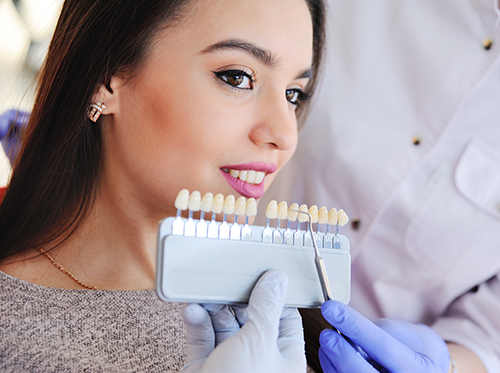Brushing Mistakes You Don’t Know You’re Making
October 21st, 2020

It’s great that you’re enthusiastic about your dental health! Here are some tips from Dr. Janna Spahr and Dr. Jeff Spahr and our team to make sure you are getting the most out of your brushing by avoiding common mistakes.
Choose the right brush
In almost every case, a soft brush provides the right amount of bristle-strength to clean your teeth and gums effectively. Hard bristles can damage sensitive enamel and gum tissue, so treat yourself kindly. Also, choose a brush head that’s the right size for your mouth, since a toothbrush that’s too large can be uncomfortable and unable to reach all the areas you need to brush.
Don’t keep your brush too long
Three months is about the average life of a toothbrush. Over time, bristles become frayed or worn and lose their effectiveness. It’s also a good idea to replace your brush after an illness.
Be gentle
Even with a soft brush, it’s possible to brush so hard that your enamel and gums are affected. Think of yourself as massaging your teeth and gums rather than scrubbing them.
Use proper technique
Using a “sawing” back-and-forth motion is hard on your enamel and misses plaque and debris between the teeth. Hold your toothbrush at a 45-degree angle, especially at the gumline, to gently remove plaque. Use short strokes or a circular motion to clean as much of the surface and between the teeth as possible. Make sure you cover all the surfaces of your teeth: outside, inside, and chewing. And don’t forget your tongue!
Take your time
Brushing twice a day for two minutes each time is the standard. Most people brush much less; try using the stopwatch on your phone or a two-minute timer to make sure you are spending enough time brushing. On the other hand, if you brush too hard or too often, remember that over-brushing can lead to problems for your gums and enamel.
Your daily routine might be fast and furious, but your dental routine requires a gentle, methodical approach. Ask at your next visit to our Milford, NE office, and we will be happy to help you design the perfect brushing practices for your busy life.




 Website Powered by Sesame 24-7™
Website Powered by Sesame 24-7™